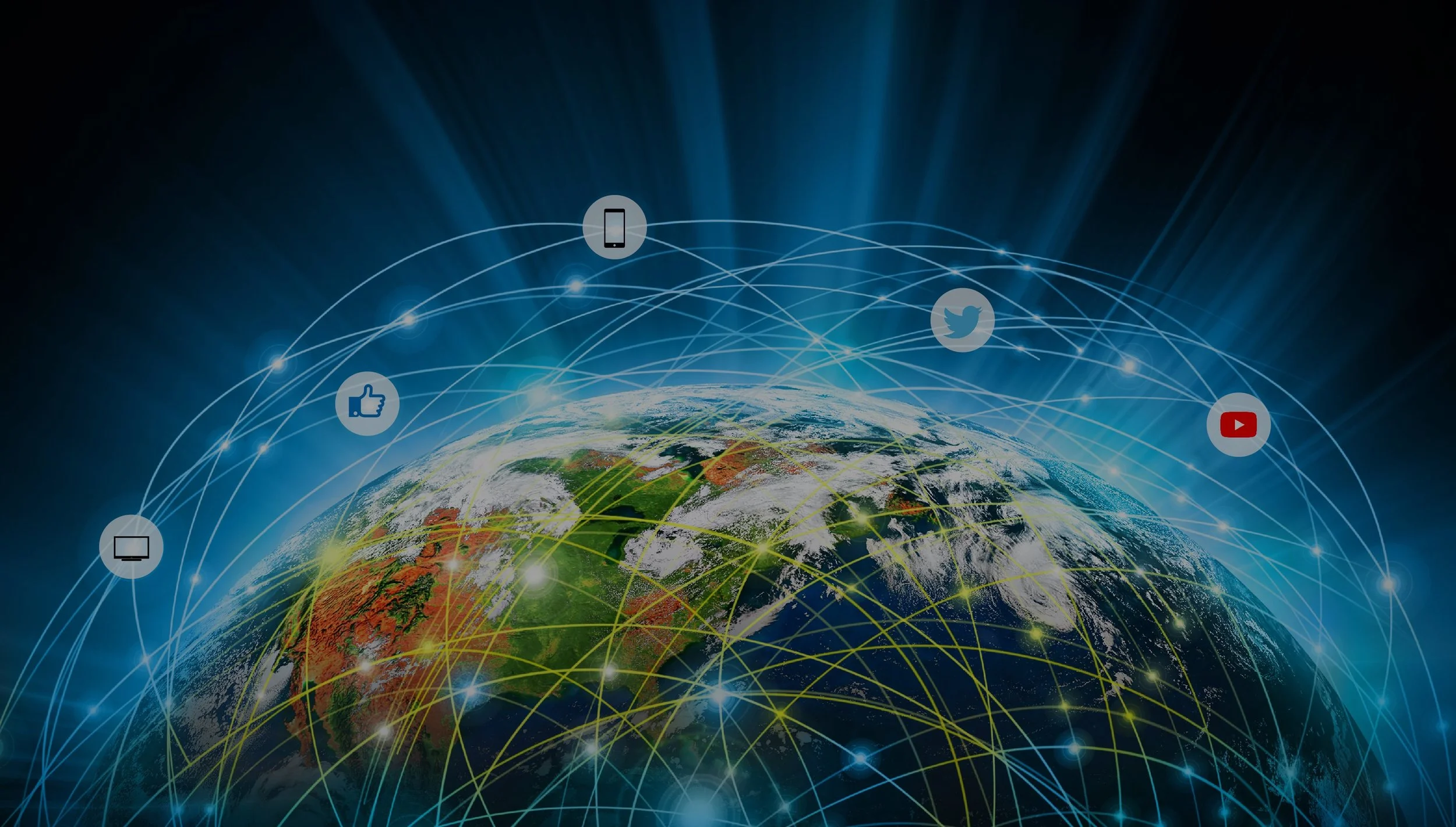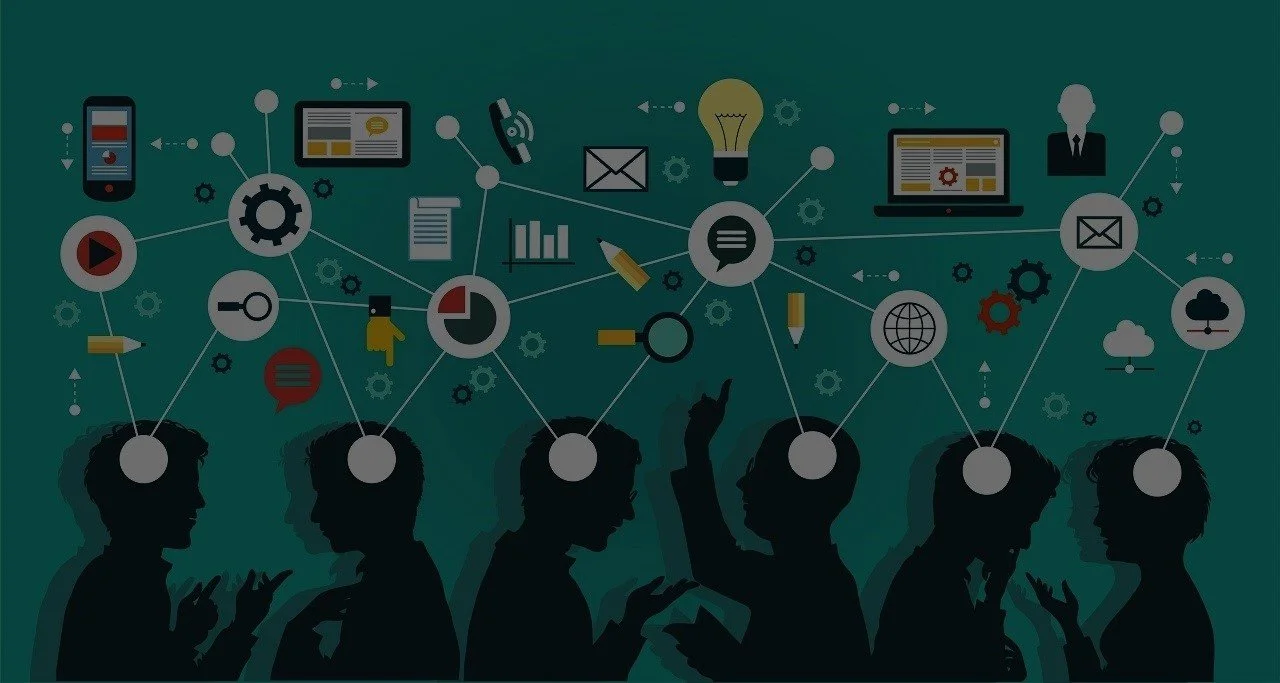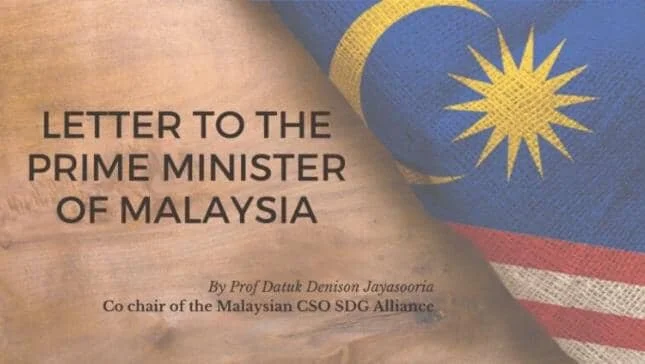The DAC defines official development assistance (ODA) as “government aid that promotes and specifically targets the economic development and welfare of developing countries.” Understanding of this definition has changed over time, recognising, for example, the emergence of “non-DAC providers or philanthropic foundations, the diversification of financial instruments for development, or the increasing overlap of development cooperation policy objectives with those of other sectors such as migration and security.”
PRINCIPLES ON RELEVANT|EFFECTIVE SUPPORT TO MEDIA AND THE INFORMATION ENVIRONMENT
A well-functioning independent media system is critical to sustainable social and economic development, and a bulwark of peaceful, economically prosperous societies. Greater citizen engagement, stronger accountability and lower corruption are all attributable to the presence of professional news media. A vibrant news sector is also fundamental as the first line of defence against democratic backsliding and autocratisation, whose first step is often to undermine media freedom and financial viability. Credible news media provide sunlight on critical social, economic and political issues to ensure a well-informed civil society and accountability of industry and private interests
SHIFTING FUNDING PRACTICES
Build and Share Power: Non-profits and movement leaders have traditionally not been present in rooms where governments and corporations make big structural decisions. This is especially true for black-, indigenous-, and people of color-led organisations, as well as those led by women, young people, and people with disabilities. Funders can help re-balance these inequities. They can achieve this by sharing power with and building power for the social sector, giving more resources directly at the local level to organisations with local leadership and local ownership, and making more robust investments in organizations led by proximate leaders of color. More inclusive decision-making structures and spaces need to be designed.
PACT FOR THE FUTURE |PART TWO
We commit to achieving a world in which humanity lives in harmony with nature, to conserving and sustainably using our planet’s marine and terrestrial resources, including through sustainable lifestyles, and sustainable consumption and production, to reversing the trends of environmental degradation, to promoting resilience, to reducing disaster risk, and to halting ecosystem degradation and biodiversity loss. We will conserve and sustainably use oceans and seas, freshwater resources, as well as forests, mountains and dry lands and protect biodiversity, ecosystems and wildlife.
PACT FOR THE FUTURE
We, the Heads of State and Government, representing the world's people, have gathered at United Nations Headquarters to take action to safeguard the future for present and coming generations. We are at a moment of acute global peril. Across our world, people are suffering from the effects of poverty, hunger, inequality, armed conflicts, violence, displacement, terrorism, climate change, disease, and the adverse impacts of technology. Humanity faces a range of potentially catastrophic and existential risks. We are also at a moment of opportunity, where advances in knowledge and technology, properly managed, could deliver a better future for all.
IDEAS TO ADVANCE LOCALIZATION
This article captures the full range of notes and ideas to address localization challenges, generated by workshop participants during brainstorming and small group discussions. The views and conclusions contained in this article are primarily those of non-USAID participants and should not be interpreted as representing the views, positions, or official policies, either expressed or implied, of the U.S. Government.
The High-Level Global Conference On Youth-Inclusive Peace process | The Youth Café.
The High-Level Global Conference on Youth-Inclusive Peace Process was held virtually on 20-21 January 2022, co-hosted by Qatar, Finland, and Colombia, and co-organized with civil society and UN partners. It began with a Youth Pre-Event on 19 January 2022, leading up to the Global Conference on 20-21 January 2022. The high-level conference aimed to secure national commitments to advance the country-level operationalization of the Youth Peace Security agenda and strengthen political will and commitment to including youth in peace processes. Interactive and action-oriented discussions convened across five themes building on the Youth Peace Security agenda between Heads of State and other High-Level Government representatives, young peacebuilders, and representatives of intergovernmental organizations, CSOs, academia, and donors.
The Youth Café At The Voluntary National Review-Voluntary Local Review Workshop.
Voluntary National Review is a strategy based on the 2030 Agenda: Member states to "conduct regular and inclusive reviews of progress at the national and sub-national levels, which are country-led and country-driven. Like the 2030 Agenda of participation, The Youth Café strives for global connection, has reached over 72 countries, and is a local and national rope for achieving goals. The Youth Cafés principles are a call to action for governments, civil societies, private and public sectors, bi- and multilateral, and knowledge institutions. To invest in mutual prospects and work in partnership for sustainable development.
An Open Letter To The Prime Minister of Malaysia
We all know that Malaysia has been active in the UN since 1957 and we have played a key role especially in peacekeeping, on human rights, having served in the Human Rights Council, global advocacy on the removal of the apartheid regime in South Africa and on the rights of Palestinian and Rohingya people. Malaysia has also been active at the global, regional (especially ASEAN) and domestic levels in promoting the role of the UN in development and global peace.










